Projecttitel: Phenotypic flexibility and diet-related health
Projectnummer: AF-16035
Kernthema: Gezond & Veilig
Budget publiek: € 700.000
Budget privaat: € 1.360.000
Looptijd: 2017 – 2019
Projectleider: Maurits Burgering
Betrokken partijen: BASF, Biofortis, By-Health, Pfizer, CIRO+, TNO, Wageningen University & Research.
The measurement of health effects of food and diet remains a hurdle in the innovation pipeline of many food companies in Europe. Nutrition science has difficulty to demonstrate specific health-beneficial effects related to diet or dietary ingredients such as probiotics. In order to show cause-effect relationships it is necessary to show changes in biomarkers as a result of a dietary intervention. Until now, however, most biomarkers relate to disease development, while in a healthy target population biomarkers quantifying optimal health are needed (van Ommen and Wopereis, 2016).
On a daily basis, people have to cope continuously with environmental influences that affect healthy homeostasis (e.g. intake of suboptimal foods, physical exercise, etc). Such changes disrupt the physiological or psychological balance, and the individual has to respond to the new situation and regain homeostasis. The central assumption of the proposed project is to define health as “the ability to optimally adapt” to continuous perturbations of the physiological homeostasis due to environmental changes. The ability to adapt or “the homeodynamic resilience of physiology” can act as indicator for maintenance of physiological function, including biomarkers for maintenance of health or prevention of (metabolic) diseases (van Ommen et al 2014, Stroeve et al, 2015). To acknowledge the multi-target role of nutrition in the body, the objective of this project is to substantiate the concept of improvement of phenotypic flexibility by dietary intervention. Robust proof for this concept and the related emergence of new biomarkers is expected to further promote acceptance of phenotypic flexibility as health benefit in itself by regulatory authorities like the EFSA. The aim of this project is to establish proof-of-concept for the application of the challenge test concept for the scientific substantiation of health benefits of an optimal diet (study 1) and of probiotics (study 2) in the context of physiological resilience. There is a growing awareness and body of evidence that personalized approaches, both exploiting the individual’s personal health status and motivational aspects, bring additional advantages in optimizing health. Therefore, in study 1 an intervention group will be added that will receive personalized dietary recommendations which are fine-tuned to the individual needs based on a series of personal measurements, including e.g. anthropometry, food intake, lifestyle and personality type.
Deel dit bericht

